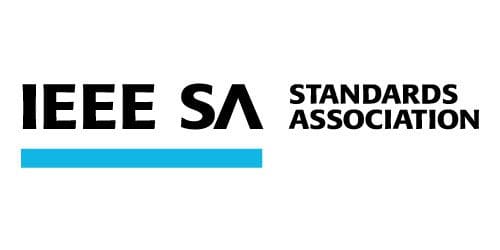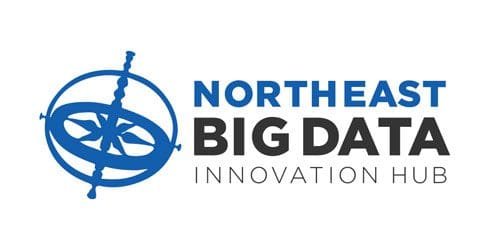Connected Healthcare Cybersecurity Technology and Policy
Download Breakout Summary (PDF)
The 2021 Global Connected Healthcare Cybersecurity workshop series has explored the challenges and potential solutions to improve security, privacy, and safety in global healthcare with the increased connectivity of devices, humans and data. Now we must consider how the technology and policy elements come together. Indeed, privacy and security policies are growing around the world, including the EU General Data Protection Regulation (GDPR) and European Cybersecurity Act, the US HIPAA and Internet of Things Cybersecurity Improvement Act, as well as local jurisdictional policies such as the California Consumer Privacy Act, and the California Information Privacy: Security of Connected Devices Law. While there are local jurisdictional policies, the humans who wear connected healthcare devices, from pacemakers to insulin pumps and brain implants, travel around the world. We need to consider how technology and policy can work together to protect the devices from being hacked, the data from being compromised, changed or stolen, and keep the humans safe from harm.
In this workshop we will delve into the state of technology and policies around the world to address the trust, identity, privacy, protection, safety and security (TIPPSS) of global connected healthcare. Experts in technology and policy will share their insights and recommendations, and the workshop participants will further explore challenges and opportunities across devices and systems to enable precision medicine, data sharing, and improved health outcomes, while ensuring patient and provider trust, privacy and security. The workshop will leverage findings and outcomes of the previous workshops in the global connected healthcare cybersecurity 2021 virtual workshop series. The learning outcomes of this workshop will be:
- Understanding challenges and opportunities at the intersection of technology and policy for global health IoT
- Policies that are leading the way to increase TIPPSS for global connected healthcare
- Ideas to work together internationally to address global connected healthcare cybersecurity challenges from a technology and policy perspective, for device manufacturers, healthcare providers, patient advocates and policymakers
Presented By
Agenda
| Time | Description |
|---|---|
| 11:00AM | Opening and Welcome Remarks
Maria Palombini, Director, IEEE SA Healthcare & Life Sciences Practice Leader, IEEE SA |
| 11:15AM | Main Panel Session: Connected Healthcare Cybersecurity – Global Perspectives on Technology and Policy
Moderator: Panelists: |
| 12:00PM | Interactive Mind Mapping Session
The audience will participate in a structured think-tank session to draw relationships between terms and ideas tied to the concept of technology policy as it relates to connected healthcare cybersecurity. |
| 12:50PM | Next Steps: Introduction to 2022 series |
| 1:00PM | Workshop 5 Concludes |
Speakers
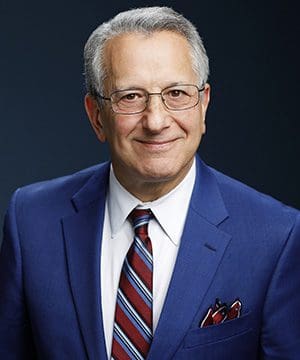
Dr. Robert Graboye
Senior Research Fellow & Healthcare Scholar, Mercatus Center George Mason University
Dr. Robert Graboyes is a Senior Research Fellow and healthcare scholar at the Mercatus Center at George Mason University. Author of “Fortress and Frontier in American Health Care,” his work asks, “How can we make health care as innovative in the next 30 years as information technology was in the past 30?” Previously, he was health care advisor for the National Federation of Independent Business, economics professor at the University of Richmond, regional economist/director of education at the Federal Reserve Bank of Richmond, and Sub-Saharan Africa economist for Chase Manhattan Bank. He has also taught health economics in graduate programs at Virginia Commonwealth University, the University of Virginia, George Mason University, and the George Washington University. His degrees include a PhD in Economics from Columbia University; master’s from Columbia University, Virginia Commonwealth University, and the College of William and Mary; and a bachelor’s from the University of Virginia. He has chaired the National Economists Club, Richmond Association for Business Economics, and National Association for Business Economics Healthcare Roundtable. He won the Reason Foundation’s 2014 Bastiat Prize for Journalism, an international competition for “writing that that best demonstrates the importance of individual liberty and free markets with originality, wit, and eloquence.
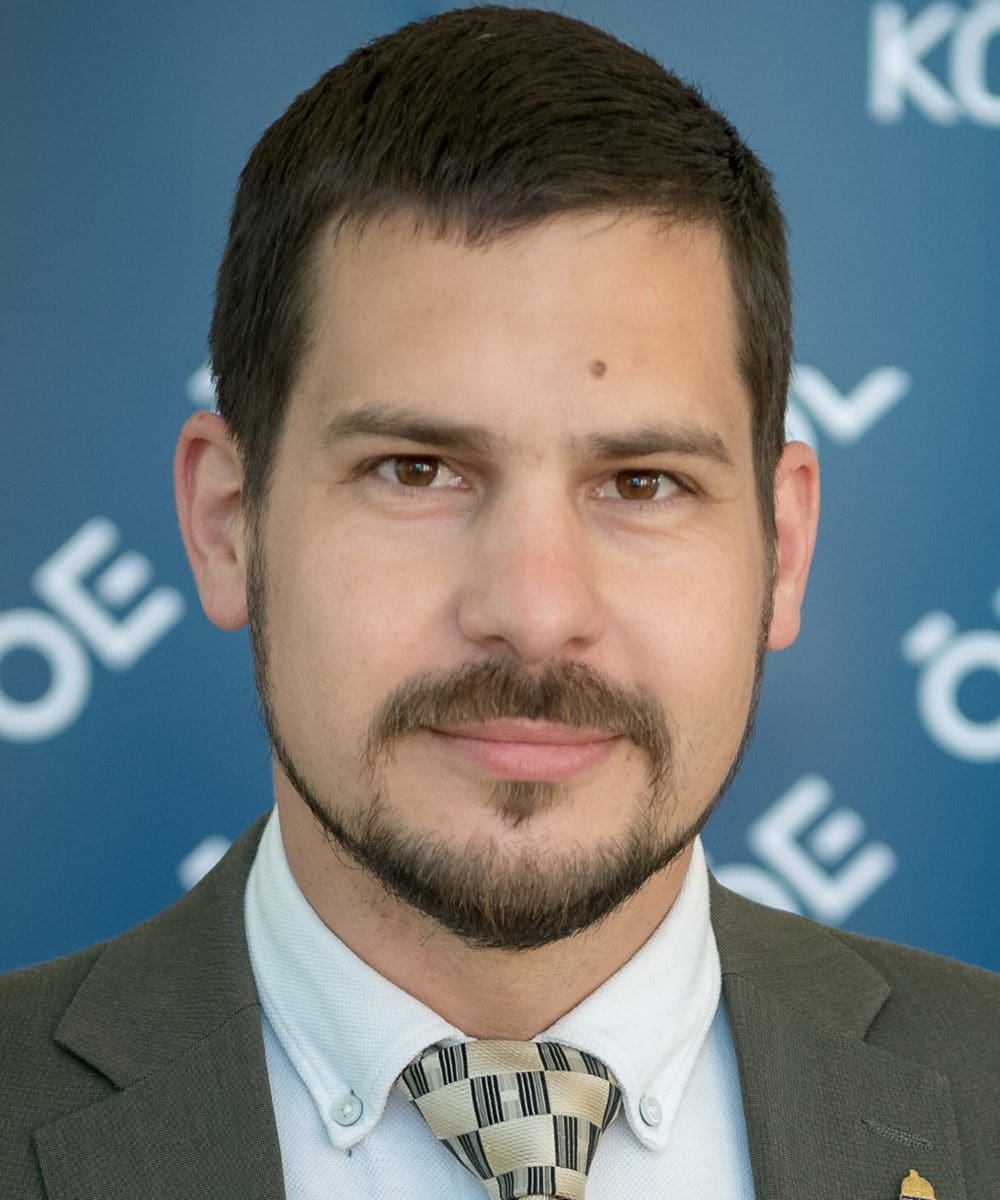
Dr. Tamás Haidegger
Associate Professor, Director, University Research and Innovation Center (EKIK), Óbuda University; IEEE Senior Member, Associate VP for Industrial Activities, IEEE Robotics and Automation Society; IEEE Hungary Section Chair
Tamás Haidegger received his MSc degrees from the Budapest University of Technology and Economics (BME) in Electrical Engineering and Biomedical Engineering, then PhD in medical robotics. His main field of research is on medical technologies, control/teleoperation of surgical robots, image-guided therapy and digital health technologies. Currently, he is associate professor at ˜“buda University, serving as the director of the University Research and Innovation Center (EKIK), and as the technical lead of medical robotics research at the Antal Bejczy Center for Intelligent Robotics. Besides, he is a research area manager at the Austrian Center of Medical Innovation and Technology (ACMIT), working on minimally invasive surgical simulation and training, medical robotics and usability/workflow assessment through ontologies. Tamás is the co-founder of a university spin-off—HandInScan—focusing on objective hand hygiene control in the medical environment, member of the World Health Organization POPS group. He is an active member of various other professional organizations, including the IEEE Robotics and Automation Society (serving as an associate VP), IEEE SMC, IEEE EMBC, IEEE SA and euRobotics aisbl, holding leadership positions in the IEEE Hungary Section as well. He is a national delegate to the ISO TC299 standardization committee focusing on the safety and performance of medical robots and the ISO TC 304 working on hand hygiene and patient safety standards, furthermore, involved in the IEEE Global Initiative on Ethics of Autonomous and Intelligent Systems. He is co-Editor-in-Chief of Acta Polytechnica Hungarica and Associate Editor to the IEEE Trans. on Medical Robotics and Bionics, the IEEE Robotics and Automation Magazine and the Intl. J. of Computer Assisted Radiology and Surgery. Tamás is the author and co-author of over 250 scientific papers, books, articles across the various domains of biomedical engineering, with over 2000 independent citations to his work. He has been running a professional blog on medical robotic technologies for over 14 years: surgrob.blogspot.com.
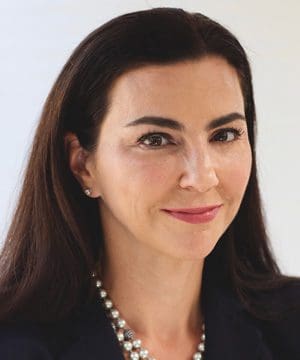
Jennifer Stoll
Executive Vice President, Government Relations and Public Affairs, OCHIN, Inc
Jennifer Stoll leads government relations and public affairs for OCHIN, a national non-profit organization that provides leading-edge technology, expertise, and research to community health organizations and other providers. With more than 25 years’ experience in the health care industry, Jennifer is a leading spokesperson at the intersection of technology and health policy.
Prior to joining OCHIN, Jennifer directed government affairs and advocacy strategies for pharmaceutical companies, such as Allergan, Inc. and Sepracor (Sunovion). Based at OCHIN’s headquarters in Portland, Oregon, she travels extensively as a representative and media spokesperson for OCHIN, giving voice to its network members and the historically underserved communities they support. Jennifer holds a B.A. from the University of Connecticut and serves on multiple state and national-level boards and committees, working to advance health equity through technology innovation.
Get Involved
Join Our Slack Community
Participants of the virtual workshop series can continue the conversations and bring up new ideas in the #global-connected-health-cybersecurity channel in the IEEE SA WAMIII Workspace on SLACK.
Registration
Complete Your Free Registration
Participation in this workshop is open to experts from anywhere in the world who are engaged, committed and prepared to openly collaborate to identify and develop solutions, engage in idea exchange and move the needle forward on the challenges enabling security vulnerabilities in connected wireless clinical devices and connected healthcare systems.
Registration is free for the workshop series. Please complete the following form in order to secure your place for this exciting global series.


